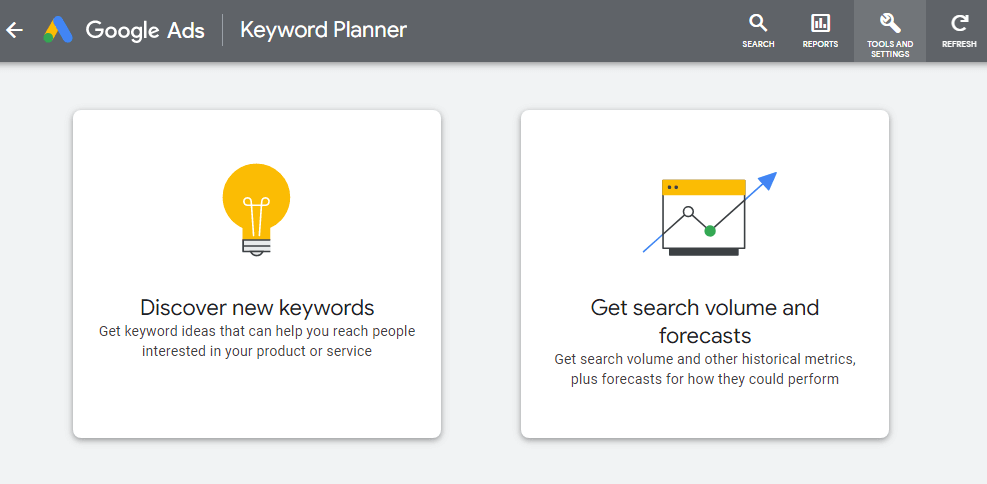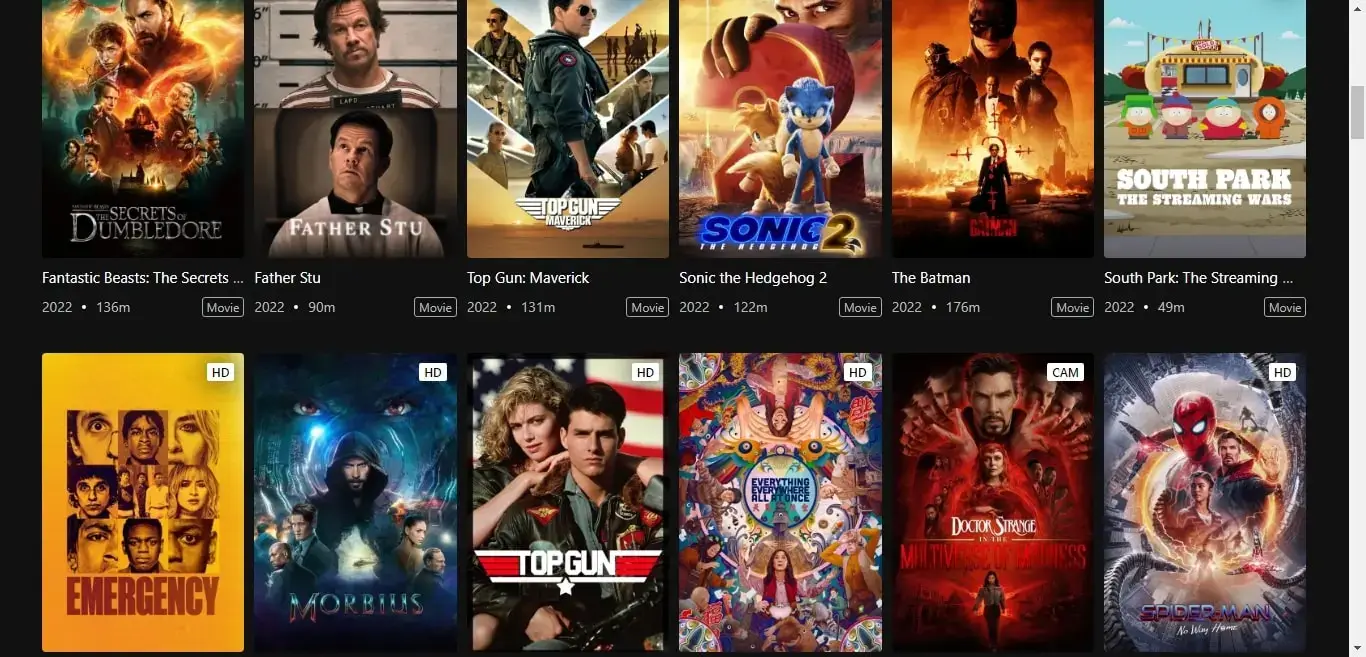Are You Ready For 4 Free Keyword Research Tools?
This blog post may contain affiliate links. If we find a product or service to be useful, we encourage you to visit the website via that link. If you make a purchase through our referral link, we may receive a commission. Rest assured, you will not be charged any additional fees. By using these links, you can support us while making your purchase. For more information visit here.
Keyword Research Tool For Free
Are you looking for the right free keyword research tool tools you can use to discover SEO keywords? You’ve come to the right place. Because in this article, I’m about to show you how to take advantage of some of the best free keyword research tools on the market. They’re easy to use and help you discover and implement highly effective SEO strategies that help boost traffic.
Keyword research is one of the most complicated things for a person with limited SEO knowledge. If you don’t have a purpose or goal before creating your content, you’ll just be guessing at random and hoping to score high rankings with search engines. Do you know how Google ranks your website? You surely want to know, don’t you?
There are many factors that can influence how high you rank in search results. This refers to whenever one of your potential clients searches for something related to what you offer. Certainly, these are things beyond our control. Using services that provide keyword data directly from the horse’s mouth is more natural and successful than relying on advanced SEO best practices or backdoor methods. This is because it gains an advantage over the competition.

Google is the world’s largest search engine and the primary driver of organic traffic to websites.
Google is the world’s largest search engine and the primary driver of organic traffic to websites. It processes over 3.5 billion searches per day, making it the most popular search engine globally by a wide margin. In fact, Google’s market share dwarfs its nearest competitor, Microsoft Bing, which has a market share of 2.61%.
Google holds similar dominance in many other countries as well. For instance, Google has over 90% of the search engine market share, and this figure continues to grow year after year. Despite this massive audience and growth potential, most people don’t know how to use a free keyword research tool. It is none other than Google’s Keyword Planner tool.
If you understand how to use these tools effectively, though, you’ll be able to find thousands of profitable keywords that will help drive targeted visitors back to your website. In fact, I could uncover one keyword with a cost per click of $9 using this research strategy!
Organic traffic refers to visitors who land on a website after searching Google.
‘Organic traffic’ refers to visitors who land on a website after searching Google. Other types of traffic include paid traffic, which describes visitors who click on ads (such as pay-per-click ads or banner ads), and ‘direct traffic,’ which is simply people who type the URL directly into their browser.
Organic traffic is valuable because it shows that people find your website in response to their search for specific keywords. If you improve your organic search ranking, you’ll likely gain more new visitors and increase revenue over time. For example, let’s say you create a blog post called “How to Start a Food Blog.”
Your keyword optimizes the title tag and meta description so they contain keywords like “healthy food” and “food for weight loss.” Then you write high-quality content that uses these terms throughout the body copy. After publishing the content, you will want to rank well for those keywords to get targeted organic traffic from Google.

One way to get more visitors to your site is to use Google’s free keyword research tool.
Getting more visitors to your site is free and easy when using Google’s free keyword research tool. Here’s how to get started:
- Navigate to Keyword Planner.
- Enter a word or phrase, or website URL associated with your product or service into the search box at the top of the page.
- Select your targeted country and language from the dropdown menu at the bottom of the page. Then click on Get Ideas.
- On the left-hand side of your results page, you’ll see options for Ad group ideas, keyword ideas, and historical metrics. Select Keyword ideas.
- You can view related keywords by selecting a category from the dropdown menu (e.g., “All Categories”) in either section of this tab: Your keyword ideas (keywords you’ve entered) or Search volume (related keywords).
The keyword planner tool gives you insight into what people are searching for online. You can use the keyword planner to create content that matches those topics and optimize for specific keywords.
The Google keyword planner tool is a free tool that acts as a search volume estimator and provides information about people’s search behavior. It displays the number of times a given term or phrase has been searched for on the Google Search Engine. You can use the keyword planner to find out what people are searching for online. You can generate content that is related to those topics and optimize for certain keywords that are related to those topics.
Keywords refer to the terms entered by your potential visitors in the search engine address bar. They’re looking for an answer to a specific topic or niche. For example, if you own a fashion website, a few keywords might be “Nike shoes, denim jeans, dresses,” etc.
Google keyword planner is a free Keyword Research Tool.
Thus, keywords are crucial because they help optimize content based on what your visitors want to know. When you optimize your content for these keywords, it increases your site’s visibility. And, of course, you’ll rank higher on the SERP (search engine results page).
Also, the keyword planner tool helps you determine which keywords have a high search volume. So you learn what your target audience is looking for before creating any content. You can also test your website or others through the planner to see which keywords it’s currently ranking for and where it needs improvement.
You will get an idea of what kind of blog posts or pages people are looking for online. This will enable you to create relevant content around those topics and optimize them for specific keywords.
One example could be: if you own an eCommerce store that sells clothing products, you can use this tool to find out what kind of clothes people search for. For example, “how to style denim jeans,” etc. You will get ideas about similar topics from this data, which will help you make better marketing decisions. So you can create blog posts around trending topics to increase your sales.
The conclusion is to optimize the page for specific keywords to increase organic traffic. Traffic that comes through organic searches on Google’s search engine result pages (SERPs) will eventually lead to increased conversions. This way, it’s easy to see how many times the audience has read each article each month. It allows publishers to know where they should focus their energy when trying out upcoming pieces.
Keyword research
Keyword research finds and analyzes people’s words and phrases to search for or see things on engines like Google. It is an integral part of SEO because optimizing your content for these terms can help users find you more quickly and drive more traffic to your site.
What is a relevant keyword?
- Has a high search volume (hence a larger potential audience),
- Has low competition,
- It gets you a decent amount of money when someone clicks on ads related to it.
- For example, “how to open a savings account” might not get you money per click. (has low CPC).

Free keyword research tools, but a limit
Sometimes there are just too many keywords, and it’s not possible to pay for all of them. I’ll point to some free keyword research tools, but with a limit of up to 5 or more searches per session per day, etc. Yet, you can use free keyword research tools for SEO purposes. You may need to work around some limitations of these cheap SEO tools, but the rewards will be well worth it.
You can choose between free keyword research tools that are easy to use and have lots of data. These are more advanced tools that require less effort but give you additional information. Here, I will look at some of the most popular free keyword research tools you can use right now to help you with your SEO.
They’re not necessarily keyword research tools, but you can use them to research keywords. These will give you a few ideas of what keywords to target. I’ll also show you some specific instances where they’ve worked well for me. So let’s dive in.
1. KWFinder
KWFinder is a tool I’ve been using since it launched in 2014. They improved their entire database and added several enhanced features to improve the user experience. If you target a specific keyword, KWFinder will show you how difficult it will be to rank for that keyword by calculating its keyword difficulty score.
It’s important to know that this score is only a guideline and does not ensure that your page will appear in the top spot on the SERPs. Besides showing keyword difficulty scores, it also offers insightful data such as SERP analysis, related keywords and searches, keyword lists, and a keyword manager.
2. Ubersuggest
You’ve probably heard the term “keyword research tool” thrown around a lot in the last few years. It might sound intimidating if you’re not familiar with it, but it’s pretty simple. Ubersuggest is a free keyword research tool that provides keyword suggestions and other valuable data like search volume, CPC, and competitiveness for your chosen search term. It also has a paid version, but the free version has everything you need for effective keyword research.
What can Ubersuggest do for you?
Besides finding out relevant keywords to your niche or industry, Ubersuggest can tell you:
- How many times have people searched a particular word in Google over time (search volume)
- The average amount advertisers pay when someone clicks on their ad using that specific keyword (CPC)
- How difficult it will be to rank using that keyword (keyword difficulty)
- Backlink data
3. AnswerThePublic
AnswerThePublic is a tool that allows you to enter a keyword and then shows you all the related questions and prepositions associated with that word. When someone enters a search query, they’re usually trying to find the answer to something. Sometimes it’s just a one-word search like “Fiverr,” but there are also times when someone will type in an honest question: “How do I find competent graphic designers on Fiverr?”
You can use AnswerThePublic or ATP for short to find out what kinds of things people are searching for about a specific topic. It can help you determine what types of content you should write about so that your content will show up whenever someone searches for those things on the internet. You can also use it to figure out which keywords are decently trafficked. It will help you when you build your website to know exactly how to optimize each piece of content for SEO.
4. Soovle
Soovle is a free keyword research tool that works very simply. The tool looks for keywords being searched for across multiple search engines and platforms. For example, when you type in the search term SEO on Soovle, it shows you Google, YouTube, and Bing results.
To use Soovle, visit the website at https://soovle.com/. Once there, you will type your keyword into the text box provided on the home page. It’s located right smack dab in the middle of your screen.
After typing your desired keyword into Soovle’s text box, click on “Soovle” to get a list of related keywords based on your input. For example, typing SEO will include terms such as Search Engine Optimization and Search Engine Optimizer. The only caveat here is that search suggestions aren’t limited just to Google or Bing. They also include Amazon, Wikipedia, and YouTube, among others.

Outcome – Keyword Research Tool For Free
This post should help you find a few helpful keyword research tools. Please don’t get overwhelmed by it all. Start with one and keep moving forward. Don’t expect to find the most accurate free keyword research tool because there is no such thing yet. Also, when searching for specific keywords and adding them to your search, be sure that they are “exact match” search terms.
This tactic can help you find relevant results that you may not have found otherwise. The benefits of using the correct keywords for your campaign will only enhance your productivity once you write or get paid for ads on search engines that serve ads based on keywords.
Hopefully, this article will be of use to you. I want to end the piece with a few words: even if you have no money, you can make your research more effective and clear thanks to free keyword research tools. If you want to become successful in your work, use them.
When deciding what keywords you will optimize your website for, you need to choose based on the number of searches per day or month. The keywords need to have enough value to be worth the time and effort to optimize them. It will also help you decide what keywords are the most relevant to focus on.
Understanding the importance of copyright law is absolutely vital, as it strictly prohibits any reproduction or replication of works without the explicit permission of the author. Any unauthorized duplication of content will lead to legal action for copyright infringement under Section 14 of the Copyright Act.











